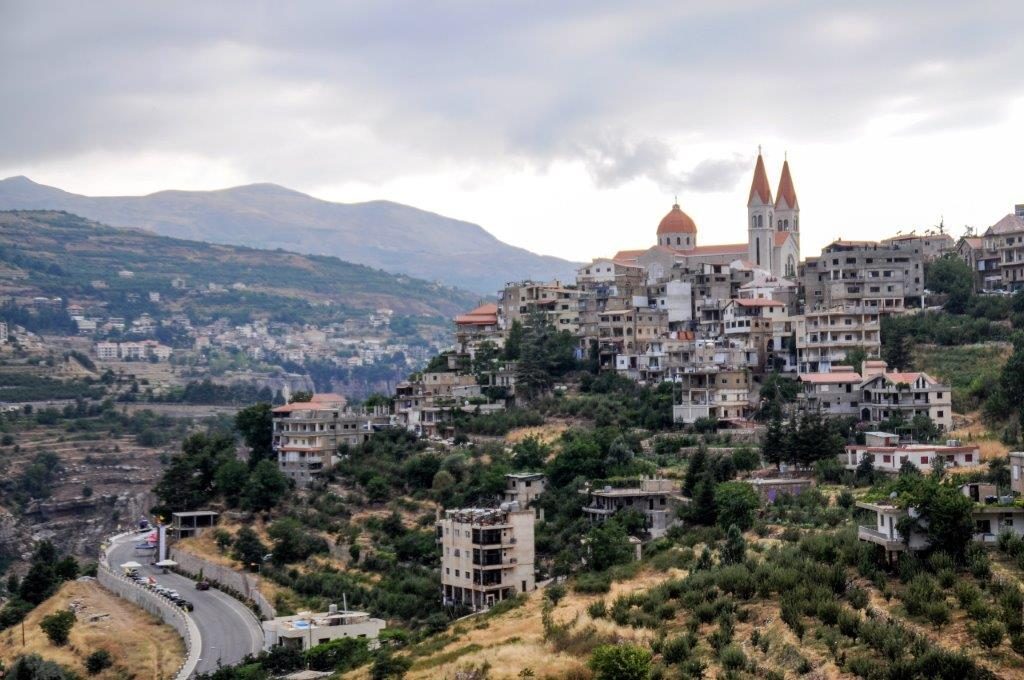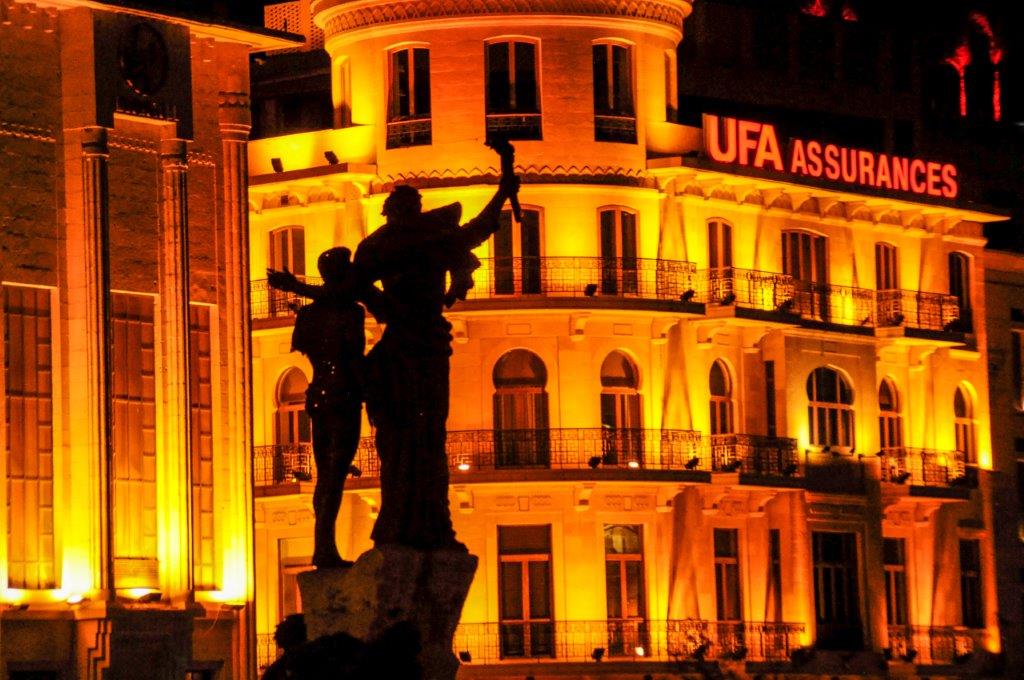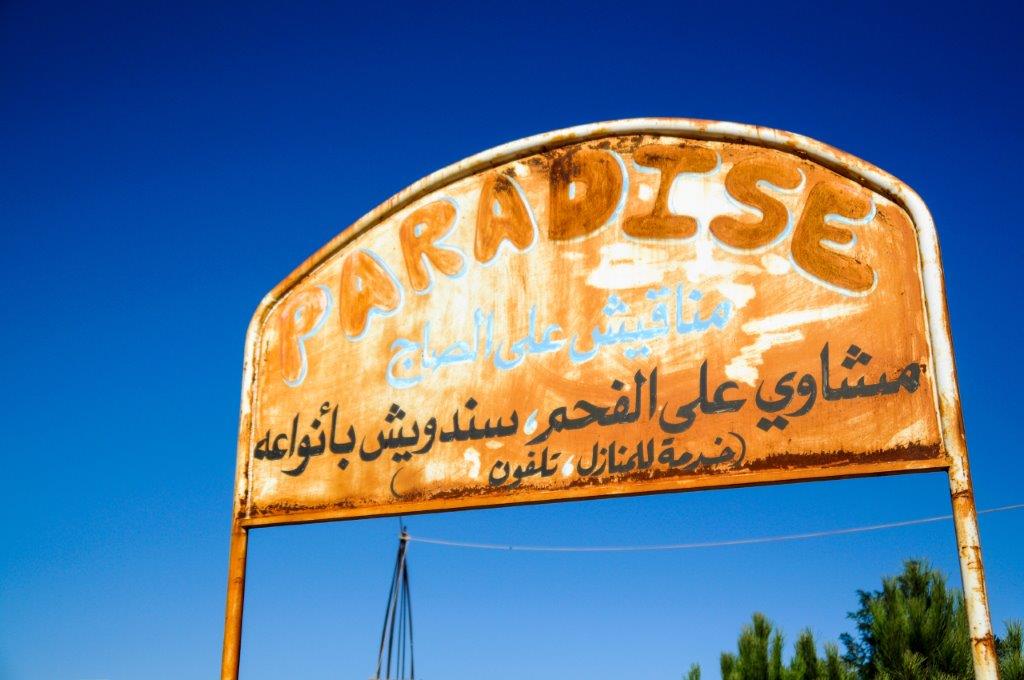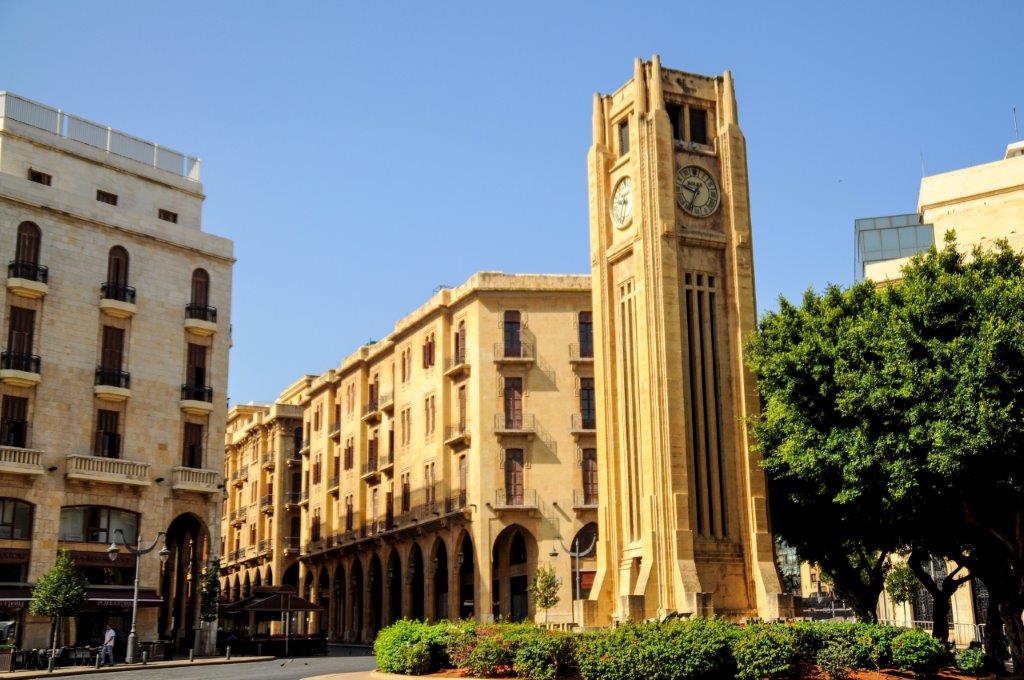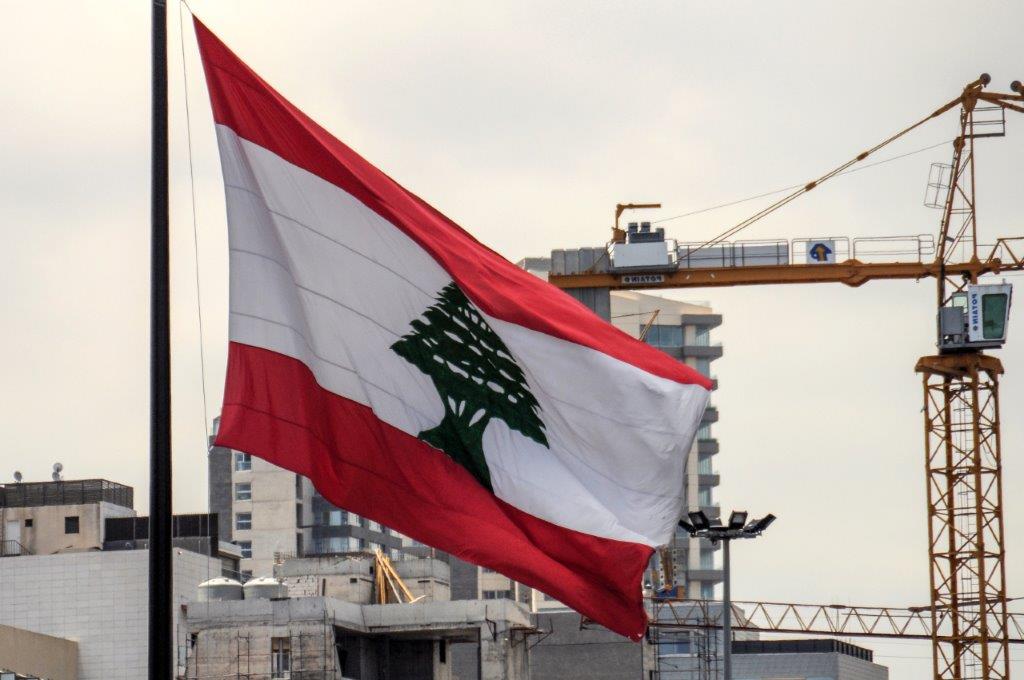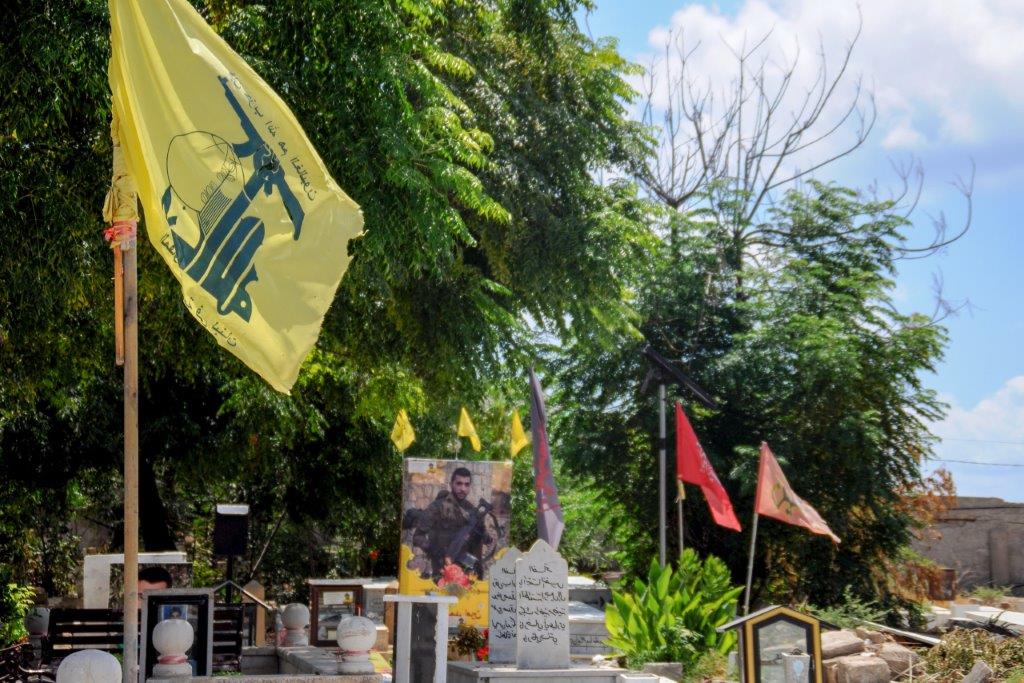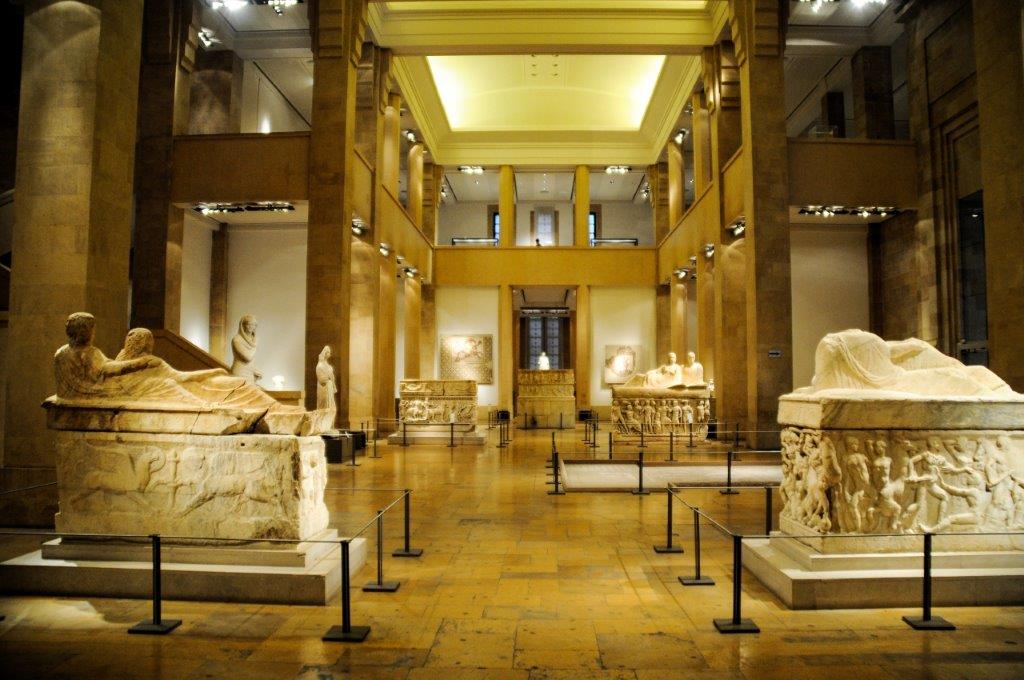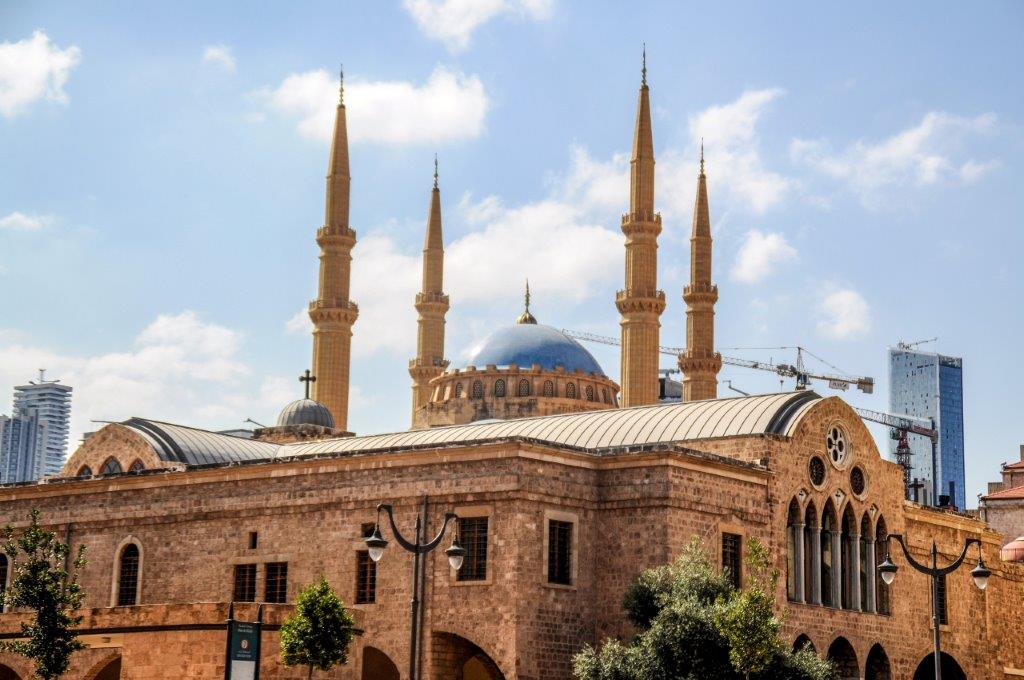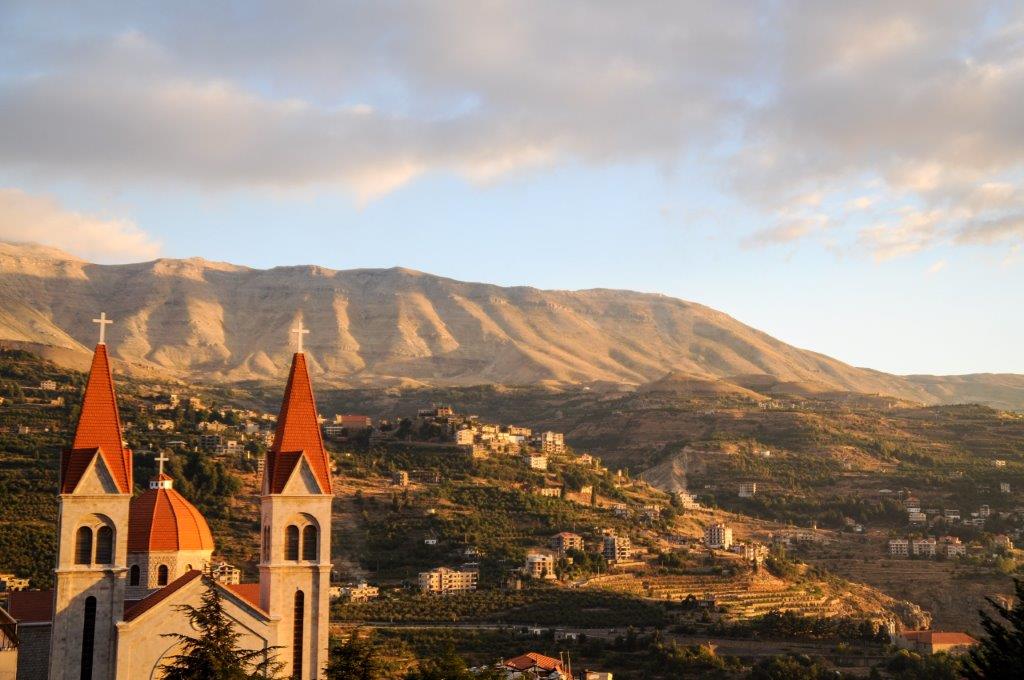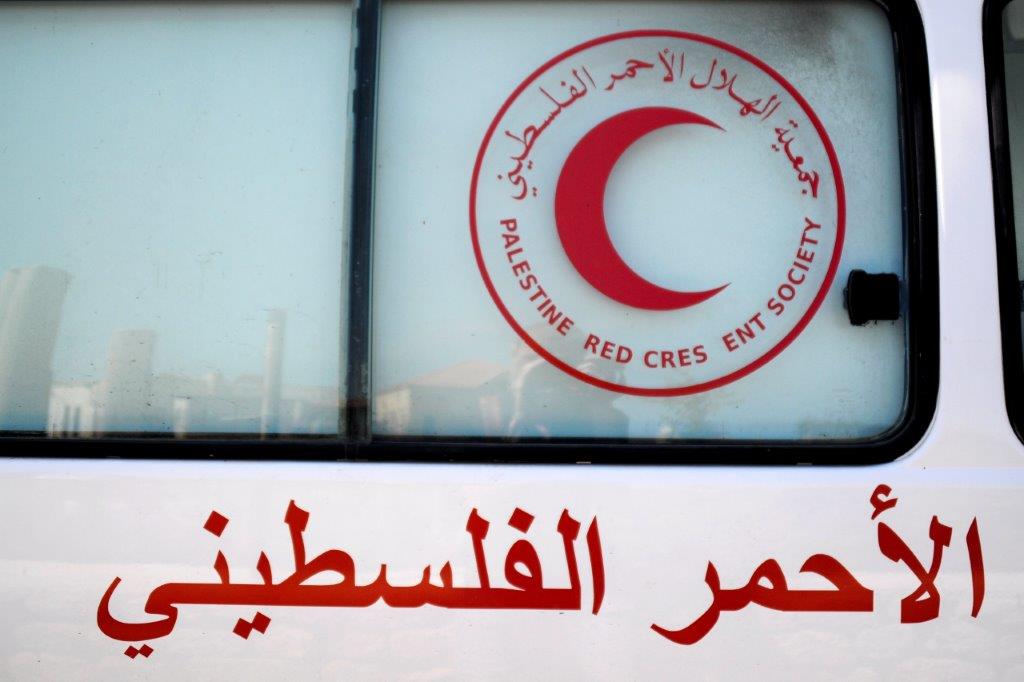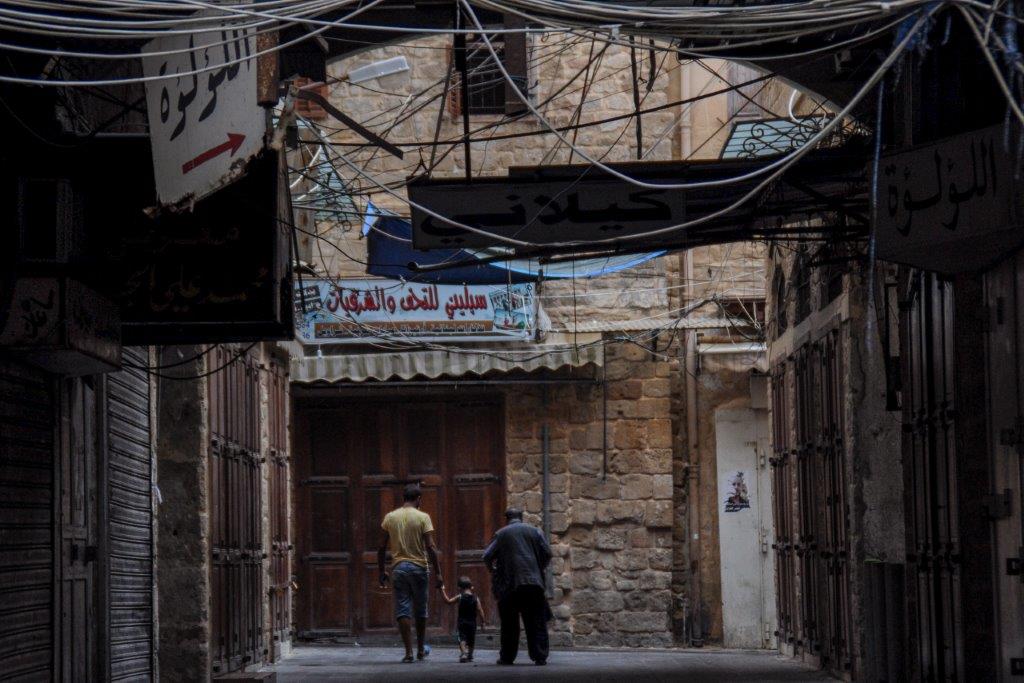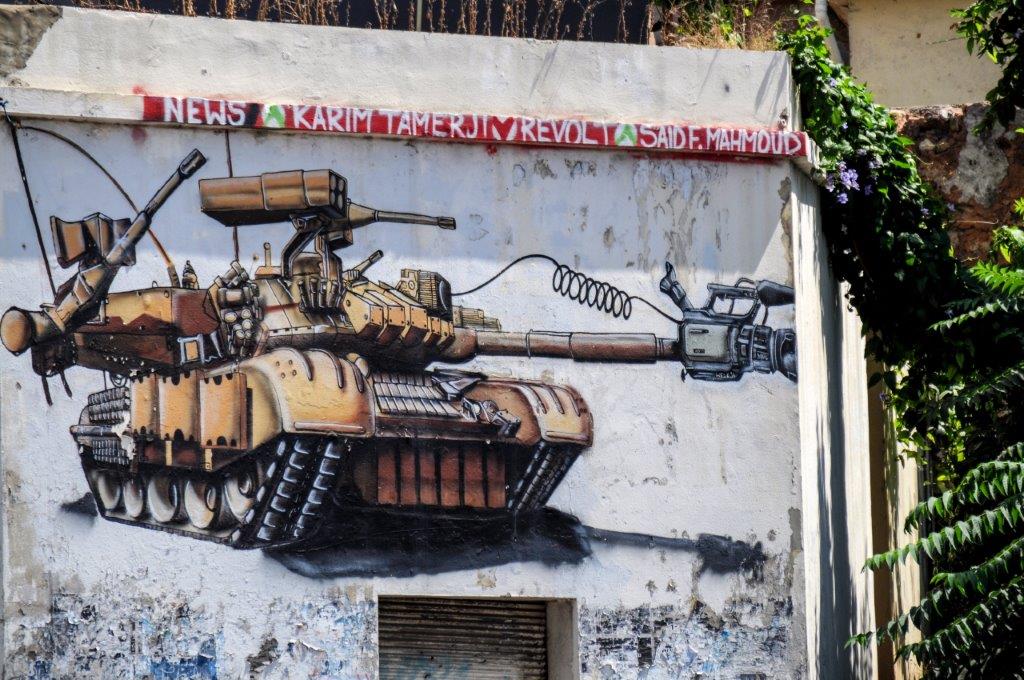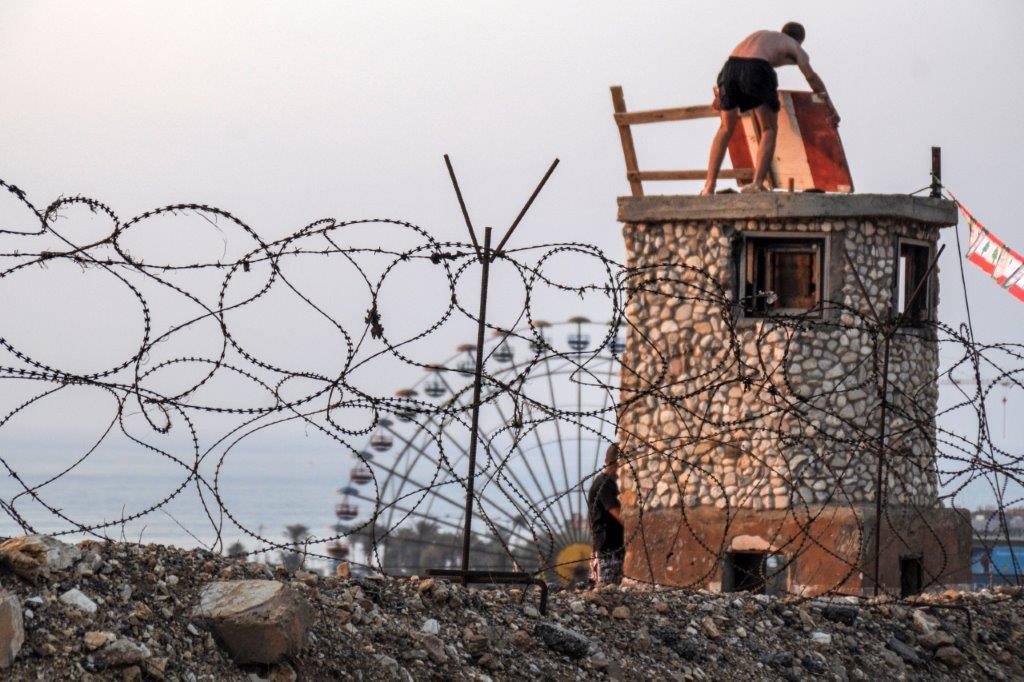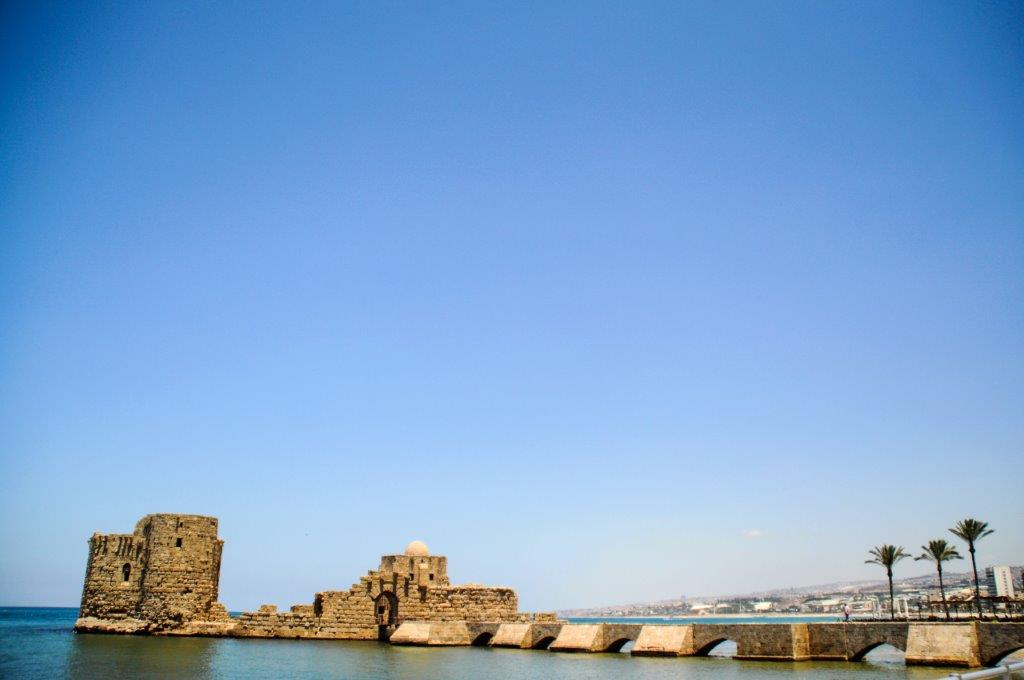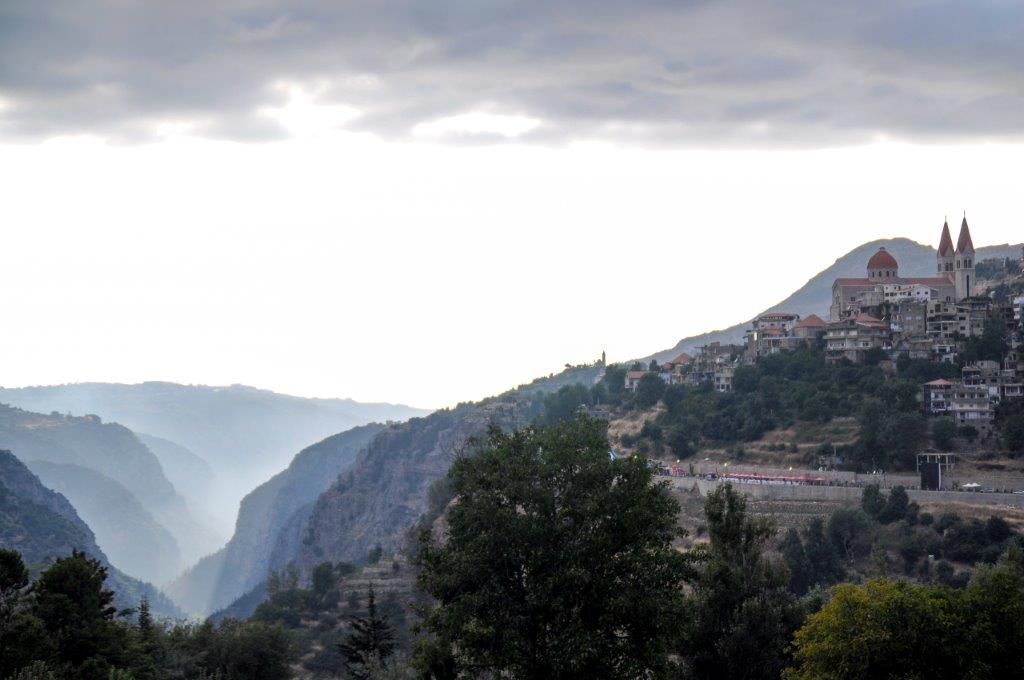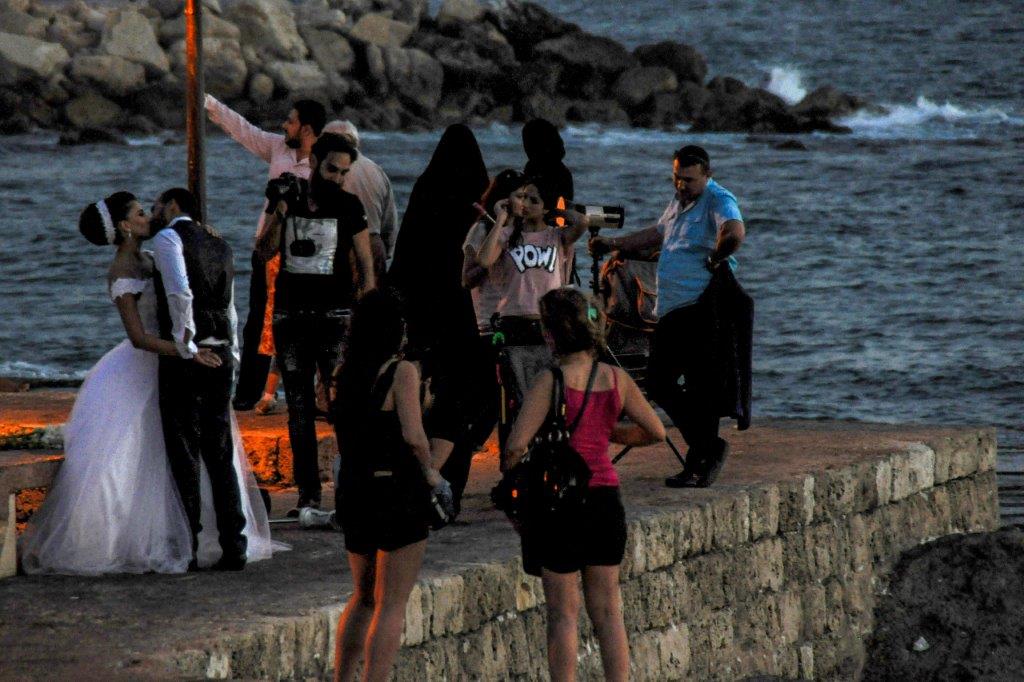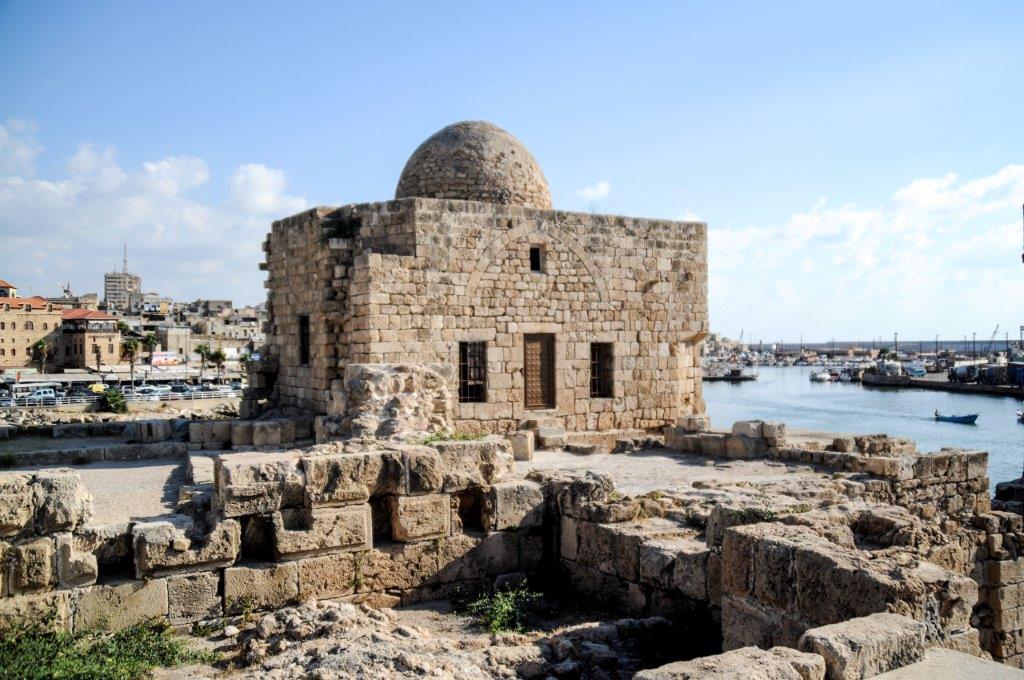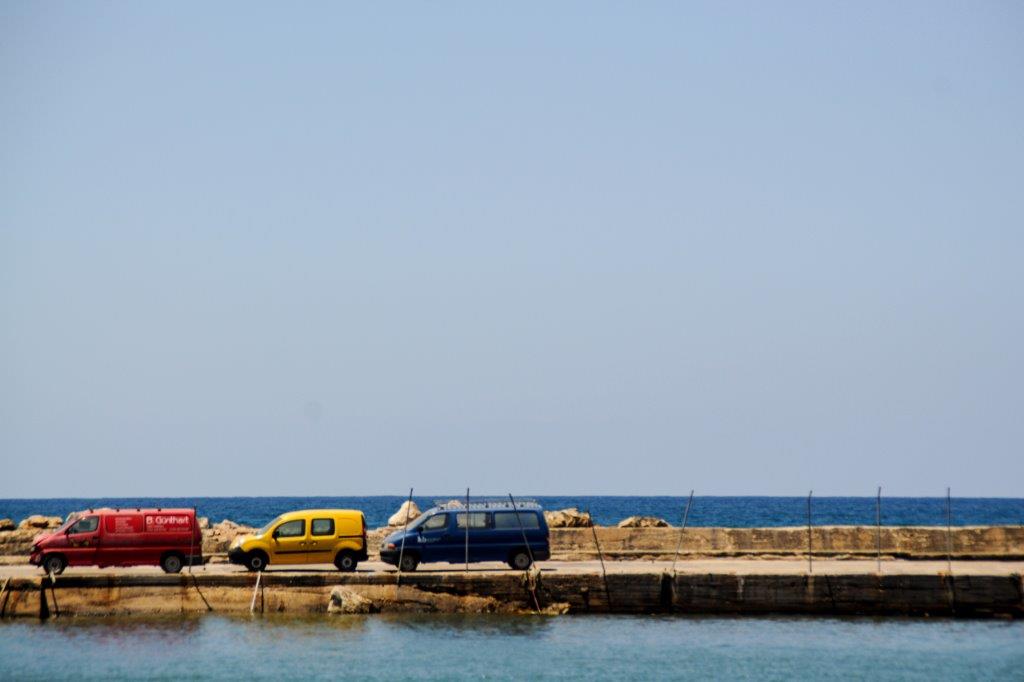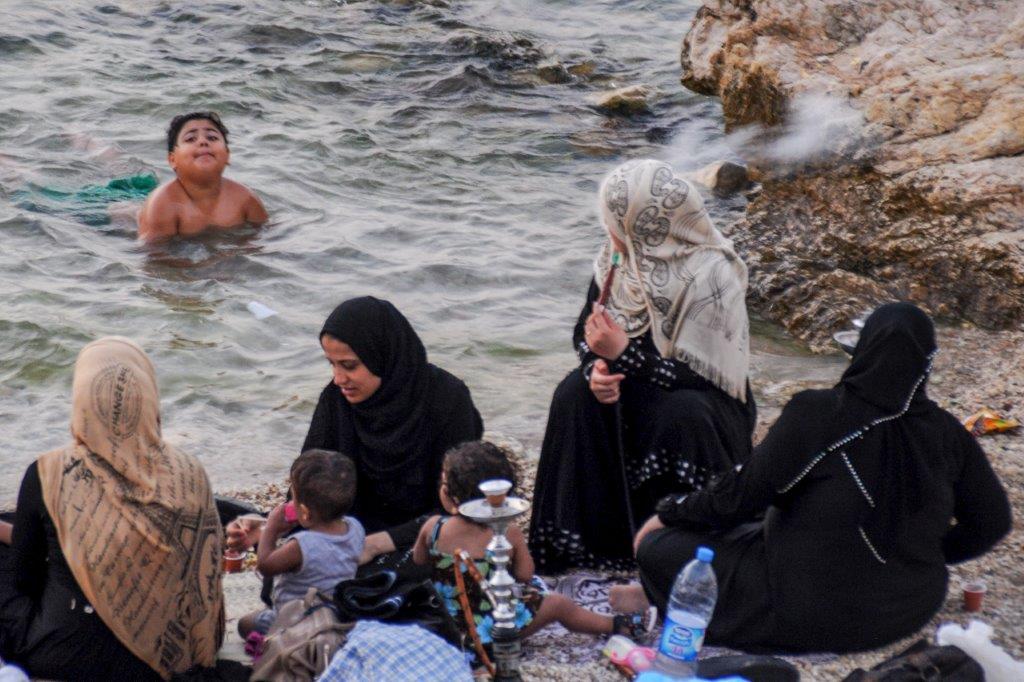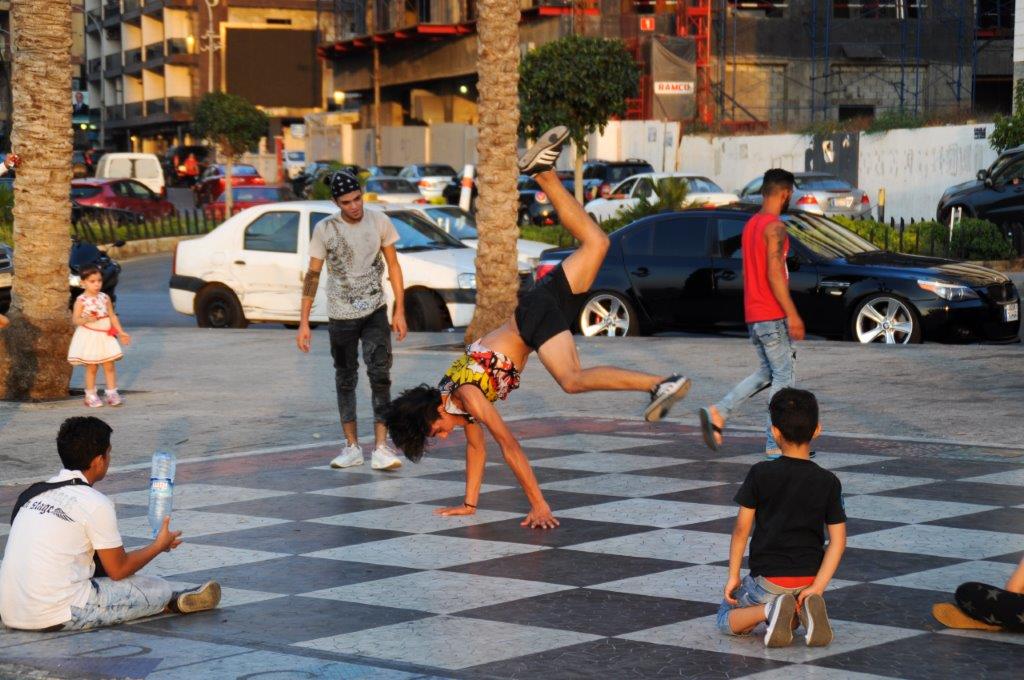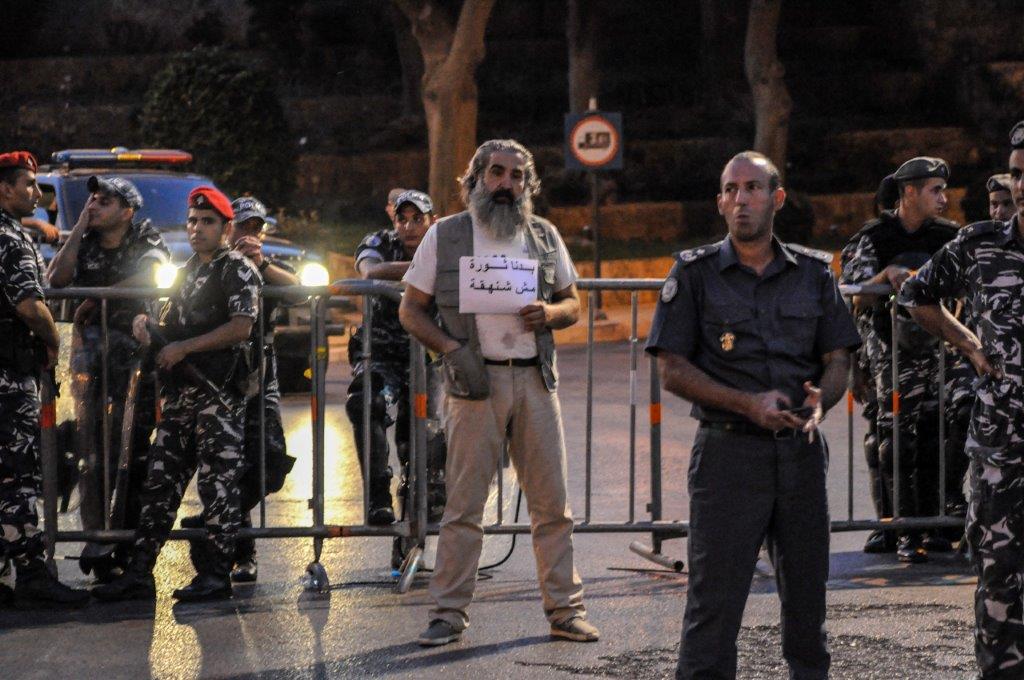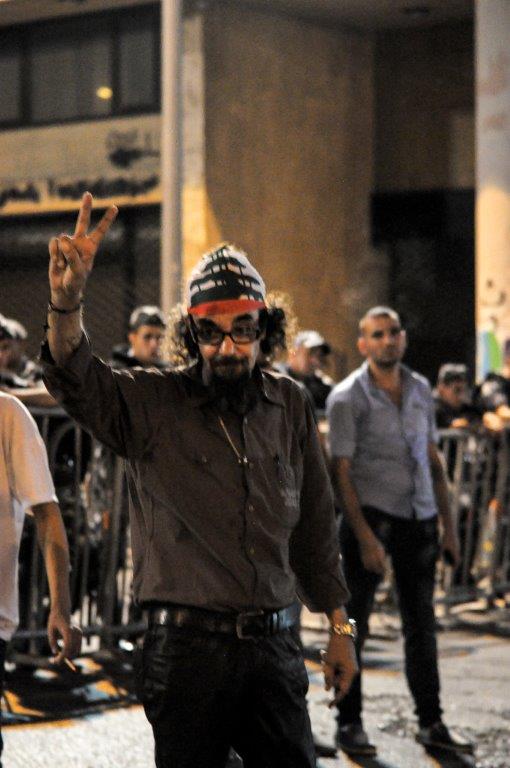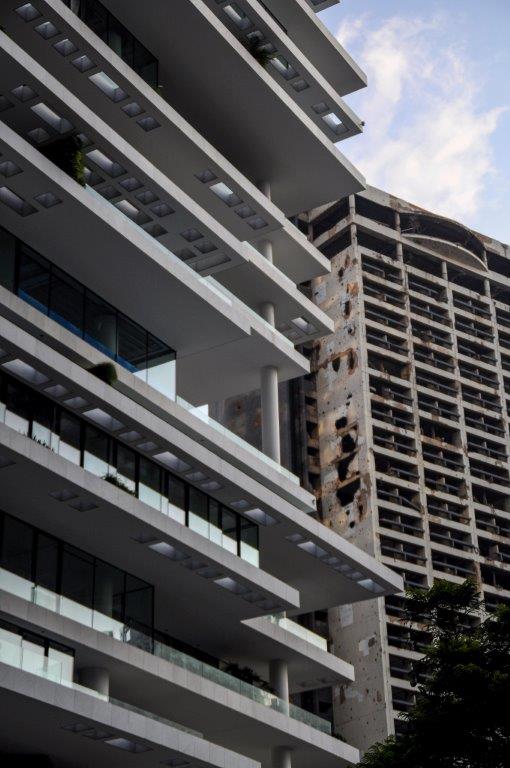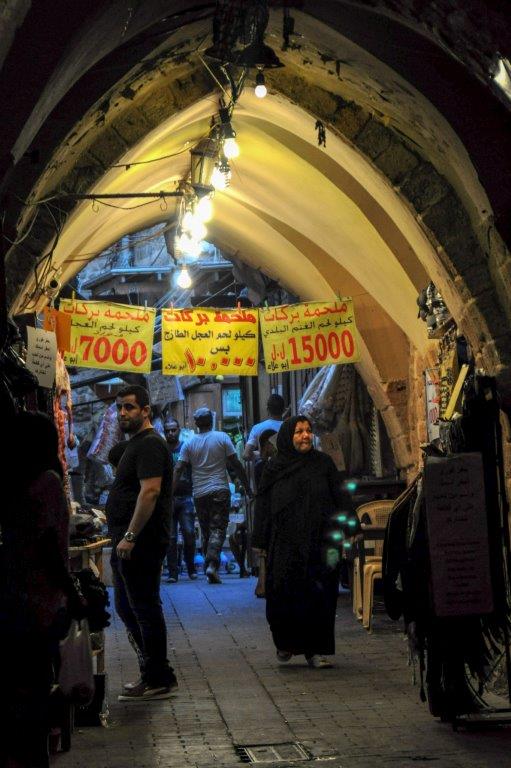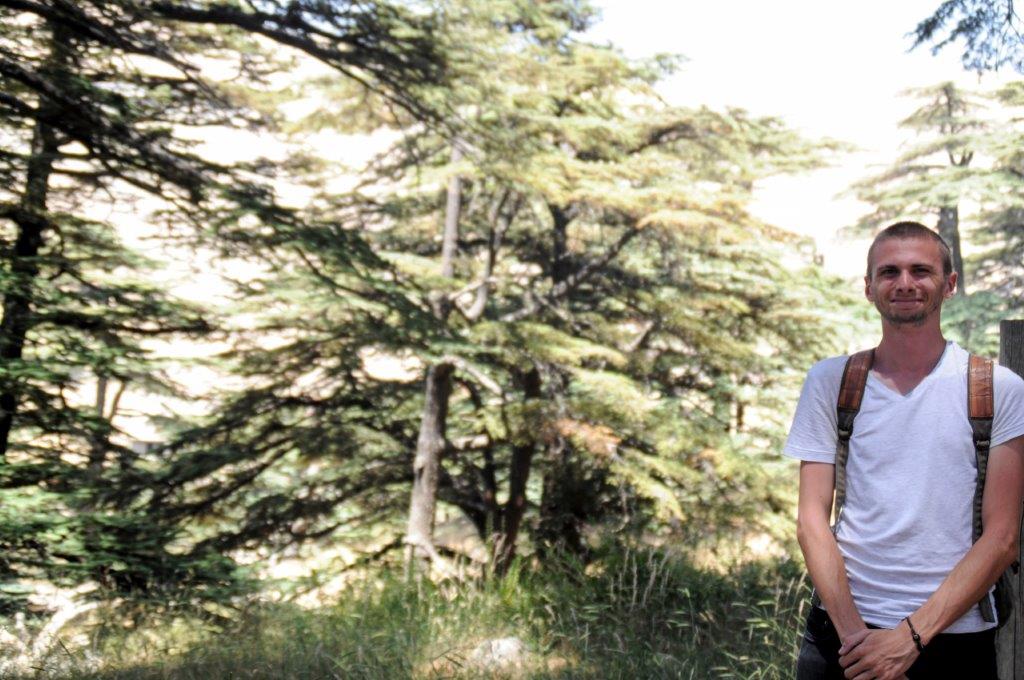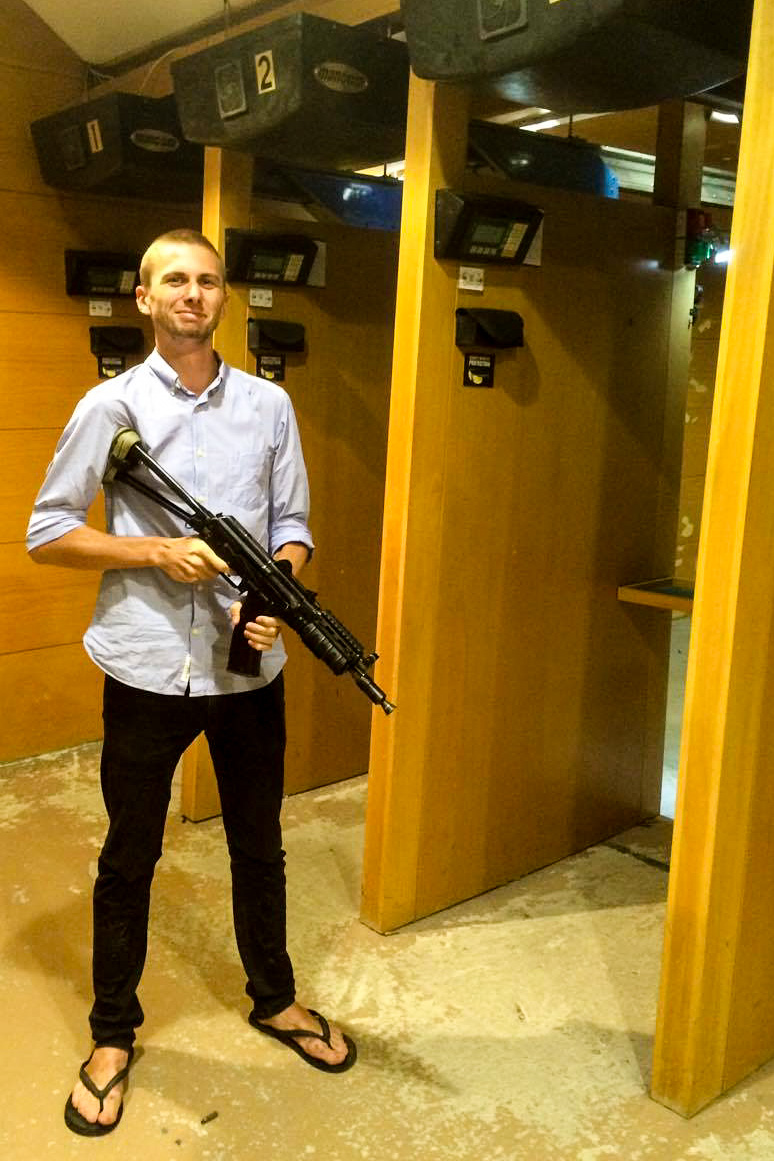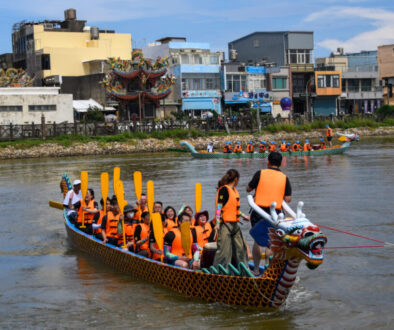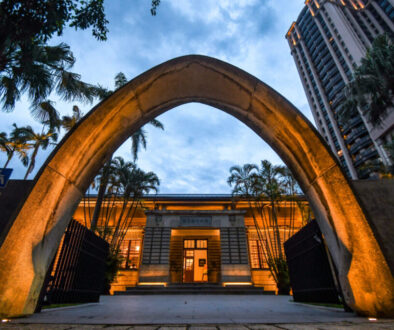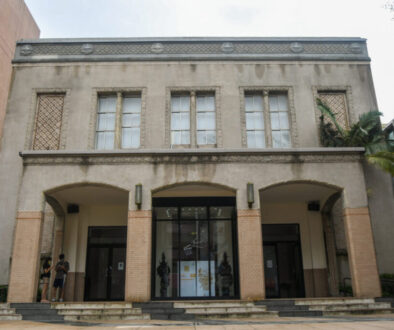Should I Travel To Lebanon?
Holiday from Hell?
Traveling to Lebanon and it’s capital city of Beirut have been the butt of many jokes for years. Disgruntled tourists would comment that “this trip has been the worst holiday ever, and I’ve spent a holiday in Beirut.” Implying that traveling to Lebanon is like being on the holiday from hell.
Due to decades of civil war and conflict, Lebanon has not gained a good reputation as being a world-class tourist destination. Although one should be cautious when traveling around this Mediterranean country, there is no need to avoid it entirely. Lebanon offers travelers a chance to step back into the past viewing anything from Greek to Crusader architecture, as well as the opportunity to learn more about the countries complicated, yet fascinating modern history. Spending a holiday in Beirut is far from a joke and more as the first step in a life-changing adventure.
Traveling to Iraqi Kurdistan? Check out my guide here!
Is it safe to travel to Lebanon?
The first question that would come across a traveler’s minds is that if Lebanon is safe to travel to or not. With conflicts both in neighboring Syria and Israel, the news exaggerates the extent of the war spilling over into Lebanon.
The truth is Lebanon is quite safe to travel around, not at one time did I feel the slightest bit uncomfortable. While I may find it quite safe, other tourists may have a different opinion. Below is a few things that some travelers may find a bit discomforting while traveling.
The military presence in Lebanon is quite intense, no matter if you are walking around the central district of Beirut or traveling to other cities. You are constantly met with checkpoints and soldiers keeping a watchful eye from their barb wired guard towers. The once lively central district, famous for its Paris-esque cafes and architecture is now a heavily fortified military zone.
Ever since the garbage protests from 2015-2016, travelers and locals alike are questioned by armed soldiers whenever trying to enter the once tourist hotspot. While it may feel reassuring having so many police and soldiers patrolling the streets, it does give one the feeling that at any moment a battle could break out.
Even in the Hezbollah controlled southern parts of the country, I never had any issues traveling around or concerns about my safety. It is important to note that within Lebanon there is a lot of division among the people. When first arriving to Beirut I stayed in a guest house owned by a lovely Christian family. When asking for recommendations on places to travel to they urged me to not visit Muslim majority regions such as Tyre and Baalbek. It wasn’t until later that I found out that these advisories are extremely biased and shouldn’t stop one from visiting these culturally and historically rich cities.
Want to take a look at traveling to Afghanistan? Check out this article here!
Christians and Muslims
Every major city and region in Lebanon can be divided between Christian and Muslim. It can even further be broken down to sect and political affiliation. Typically, the Christian regions are more well kept and the people friendlier than the Muslim neighborhoods. I couldn’t help but be bothered by the fact that a bit of prejudice was building up inside of me.
I brought up my concern with a staff member at the hostel I was staying at in Beirut, wondering why the Christian neighborhoods are more affluent and open, while the Muslim communities are generally left in squalor. He thought for a moment, stroking his beard, and replied that even growing up as a Christian he was told to avoid playing with the Muslim children. As he grew up he realized the error in his upbringing.
He went on to say that there are several reasons for the difference between the Muslim communities and Christian communities. The first being that during the civil war, most foreign countries only took Christians as refugees. After working and earning money abroad, the once refugees would only invest in the Christian neighborhoods.
The second reason is that whenever there is a conflict with Israel, the Israeli army would concentrate their bombings to Hezbollah held, Muslim areas, avoiding the Christians. In the end, this put my mind at ease, it is not a matter of Christian or Muslim. Rather, it is a question of privilege and being caught between political disputes.
Refugees
Lebanon is a country full of refugees from various conflicts. The south has given refuge to Palestinian refugees for decades. When exploring the city of Tyre it is a common sight to see Red Cross/Crescent vehicles providing services and aid. To the west and even any many places of Beirut, Syrians have left their country in droves, escaping war and famine. I ran into my fair share of refugees on the streets on Beirut, including children.
While having lunch a young girl came up to me, pushing her hand in front of my face trying to sell me a stick of gum. After living so long in Asia, I have grown accustomed to not giving beggars eye contact. Not that I don’t want to help, but the fact is that it is impossible for me to give my money to everyone who asks for it.
She left the restaurant, door closing behind her. A few minutes later after finishing my lunch, I was met by a slew of curses as soon as I exited the café. The young girl, probably around six years old, sat on the curb yelling some obscenities in Arabic.
Unlike many homeless people, when I looked into her eyes I saw someone who has been educated, not a person who has spent their whole life on the street. I sat next to her, trying to ask where she was from. She didn’t understand. I then resorted to saying city names in Syria. Aleppo? She shook her head. Damascus? She then nodded in affirmation. My heart melted, knowing that she once probably came from a middle-class family, now displaced by war. I gave her what I could spare and left with a smile.
Getting into Lebanon
Before traveling to Beirut, I met a traveler who told me he was denied entry to the country. After being taken away from immigration, he was detained for 24 hours. After intense questioning and long periods of waiting, he was deported out of the country, having all of his personal books confiscated. Even after hearing his nightmare with the immigration officers, I still had my mind set at going, even if it meant being deported.
One of my first fears was that they would somehow figure out I have been to Israel. As most travelers know, if any Arab country finds proof of you traveling to Israel they will deny you entry to their country.
Although Israel has stopped stamping passports, it does not change the fact that my exit stamp from Jordan states that I used the King Hussein Bridge Border crossing, connecting the Kingdom of Jordan to Israel. Therefore, making it obvious that I have been to Israel. I frantically asked my friends in Dubai if this would be a problem. They assured me that no one would look at my passport long enough to figure that out. Still nervous but stubborn, I continued with my plan to Beirut.
Hands shaking, I slid my passport over the counter to the immigration officer. Ready to be taken away to the detention center. My eyes darted from my passport to his face and back again. To my surprise, in less than a few seconds of viewing my passport, he stamped the page of my passport and handed it back to me with a smile. Even though not long afterwards I found out my bag was “lost” and in the end it was actually rummaged through and had some sunglasses and clothes stolen, the airport process was a breeze. With Lebanon now turned into an “island” with the Mediterranean to the West, enemies to the south and war to the east. Flying is the only option when choosing to visit the country.
Looking to travel to Israel and Palestine? Get a look at my experience here!
Getting Around Lebanon
When first planning my trip to Lebanon I looked at which cities I wanted to visit. Beirut, Tyre, Sidon, Byblos, and Bacharee all made the list. My next step was then to find accommodation in each of these cities. Outside of Beirut, hostels are practically nonexistent. In cities like Sidon, the only accommodation available were single rooms starting at 50 dollars a night. Even splurging on these expensive hotels, the cleanliness and hospitality were subpar at best.
It wasn’t until the end of my trip that I realized most travelers base themselves out of Beirut and do day trips around Lebanon rather than staying the night. From Beirut to the northern city of Tripoli only takes a mere 3 hours. Also, the minibusses between major cities are frequent, the only setback being that the vans only leave when full, which can take anywhere between a few minutes to several hours. If you are a larger group, it will be no problem to travel around and control your time.
Should I travel to Lebanon?
Lebanon is definitely a destination for adventurous travelers who have lots of understanding and patience. If traffic jams, frequent power shortages, military checkpoints, and protests are something that may bother you, then it may be best to try traveling elsewhere. Lebanon has many different sides to it that can appeal to all different kinds of travelers. Despite years of conflict and political instability, Beirut still maintains its reputation as being the “Paris of the East”. This is a city of artistic expression in the forms of music, dance, fashion, and graphic design. Out of all the Middle East, they also have the most diverse cuisine and food culture.
Lebanon is also a place where you feel like you are in the midst of constant change, in the eye of the storm so to speak. For me, seeing military convoys, Hezbollah flags, and protests gives me a kind of high. The feeling that I am at the front line of actual change happening in the world. It is important to note that I am a mere tourist, while others are putting their lives on the line. Some may find traveling to these regions to witness people’s lives as unethical. But as an individual, I want to learn and experience as much of the world as I can. Not just watch about it on the news. I wish to further understand all people and show a side to the world that is not just terrorism and protests.
Beirut still stands proud as the Paris of the East, even though she may be riddled with bullet holes, she is still a vibrant city full of life. Lebanon is one of those countries where the person who enters the country is not the same one as the one who leaves.
Most backpackers traveling to Lebanon base themselves out of Beirut, a popular hostel being The Grand Meshmosh Hotel. If staying in Bachare, Tiger House Guest House is extremely cheap and homey. Other than these two places there are not many Hostels to be found outside of Beirut.

